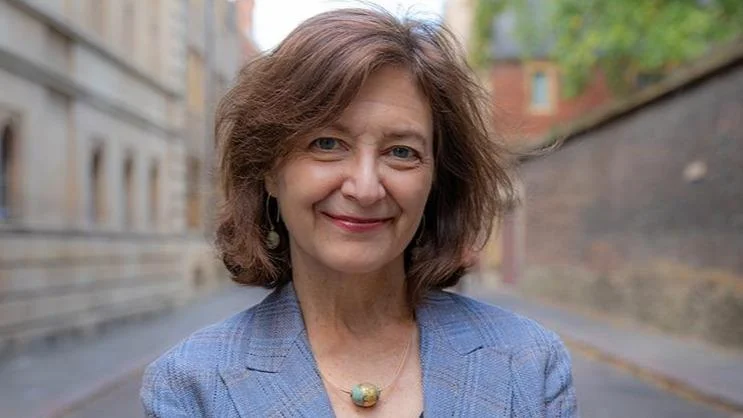Researchers from the Whittle Lab and CISL’s Aviation Impact Accelerator recently participated in demonstration flights at Cambridge Airport using a Pipistrel Velis Electro aircraft. This two-person electric plane is currently the only one certified for passenger flights in the UK. It requires 45 minutes to charge and can fly for up to an hour, powered by a battery smaller than that of an electric car.
Dr. Deepanshu Singh, head of strategic partnerships at the University’s Aviation Impact Accelerator, was among those on board. Singh has a background in sustainable aviation and previously completed a PhD in aerospace at the University of Oxford with Rolls Royce. He is also working on Neela Biotech, a start-up focused on carbon-negative fuels.
Singh expressed enthusiasm about flying in the electric plane: “It was so exciting to get out of the Whittle Lab and into the sky on the world’s first electric aircraft," he said. He noted that flying made their work feel tangible and highlighted how quiet electric aviation can be.
Currently, 36 airfields across the UK are preparing to install charging equipment for electric planes, with 14 already operational. Experts emphasize that transitioning to electric flights is just one aspect of achieving sustainable aviation. Other technologies such as novel fuels, new aircraft designs, and improved air traffic systems are necessary to decarbonize air travel.
The aircraft used in these flights is based at London’s Fairoaks Airport and received funding support from 4Air, an aviation sustainability group affiliated with Flexjet.
Eliot Whittington from CISL commented on the environmental cost of aviation: "That benefit comes at an increasingly unaffordable environmental cost." He stressed the importance of innovation in reducing this impact.
Rob Miller, Director of the Whittle Lab, described decarbonizing aviation as a significant challenge and priority. The lab explores various solutions including battery-electric propulsion for short-range flights and hydrogen power for longer distances.
Miller emphasized collaboration between industry and academia as essential for transforming aviation: "Transforming aviation is only possible through close collaboration between industry and academia—and our partnership with 4Air is a great example of what can be achieved."

